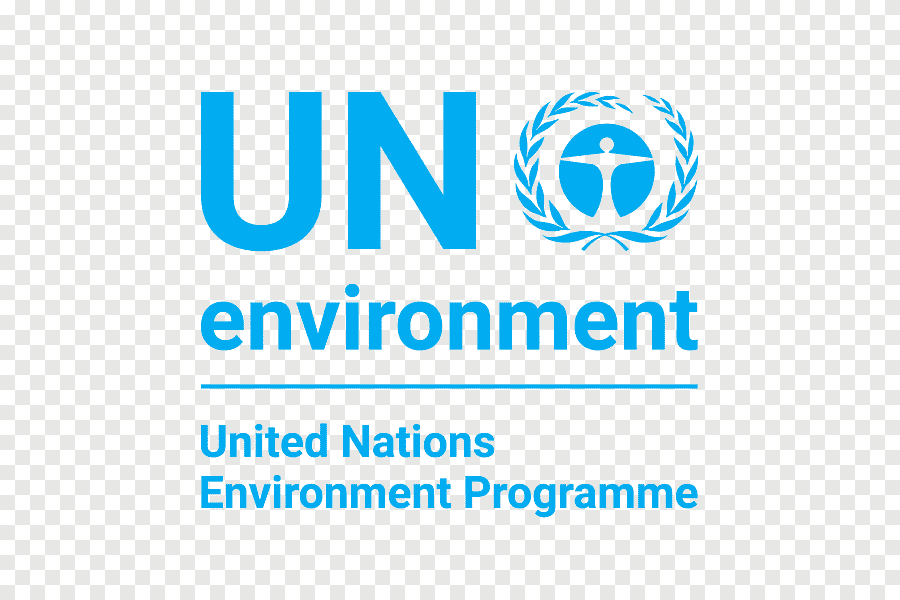UN Report Warns of Rising Climate Threats to Older Persons, Ecosystems and Global Health

Nairobi — As the world faces an era of climate extremes, the United Nations Environment Programme (UNEP) has issued a stark warning: heatwaves, melting glaciers, toxic floods, and ageing dams pose mounting risks to human health and ecosystems — with older persons being among the most vulnerable.
In its newly released Frontiers 2025 Report, titled The Weight of Time – Facing a New Age of Challenges for People and Ecosystems, UNEP highlights emerging environmental threats and calls for urgent, science-backed solutions. The 7th edition of this annual report is part of UNEP’s Foresight Trajectory initiative and has previously proven prescient, with its 2016 warning on zoonotic diseases preceding the COVID-19 pandemic by four years.
“Heatwaves are among the most frequent and deadly impacts of climate change, along with floods and shrinking ice cover,” said Inger Andersen, Executive Director of UNEP. “We must be prepared for the risks these impacts pose, especially for society’s most vulnerable, including older persons. Yet as this year’s Frontiers Report shows, solutions exist that can help protect communities and restore ecosystems long thought to have been lost.”
Older Adults on the Frontlines of Heat
With adults aged 65 and older making up a growing share of the global population — particularly in urban centres of low- and middle-income countries — the report reveals that annual heat-related deaths among older persons have increased by approximately 85% since the 1990s.
Those with chronic illnesses, reduced mobility, or frailty are particularly vulnerable to heat-related illnesses including cardiovascular, respiratory, and metabolic conditions. Rising urban air pollution and recurrent floods further compound the threat.
UNEP calls for cities to become resilient, pollution-free, and inclusive for older residents, advocating for climate-informed urban planning, greener spaces, and greater access to emergency information.
Cryosphere Melting Could Awaken Ancient Pathogens
Beyond human health, the report draws attention to the accelerating loss of the cryosphere — the Earth’s frozen water systems — which could trigger the reawakening of dormant microbes, including ancient fungi, bacteria, and viruses.
With over 670 million people living in cryospheric regions, and billions more depending on them for water, UNEP warns that exceeding a 2°C rise in global temperature could dangerously accelerate glacier melt. This could increase antimicrobial resistance and release harmful microorganisms into ecosystems.
Recommended actions include reducing greenhouse gas emissions such as black carbon, regulating tourism in fragile frozen regions, and increasing research into cryosphere microbiology.
Floods Could Reintroduce Banned Chemicals
Another critical concern is the potential return of harmful chemicals previously banned decades ago. Floodwaters can disturb sediment layers where such toxins were buried, reintroducing them into urban areas and food chains.
UNEP recommends a mix of structural protections like retention basins and dikes, nature-based solutions like sponge-city designs, regular pollutant monitoring, and economic analysis to manage this evolving threat.
Ageing Dams and the Push for Ecosystem Restoration
The report also spotlights the growing risk posed by ageing dams, many of which are no longer economically viable or structurally safe. Increasingly, countries in Europe and North America are dismantling obsolete dams to restore natural river connectivity and revitalize freshwater ecosystems.
UNEP supports the removal of such barriers, citing significant benefits for biodiversity, fish migration, sediment flow, and flood resilience. The initiative also aligns with the UN’s broader ecosystem restoration goals under the UN Decade on Ecosystem Restoration.
A Global Call to Action
The Frontiers 2025 Report arrives at a time when countries across Asia, Europe, and the Americas are grappling with prolonged heatwaves, floods, and climate-induced crises. It urges immediate global action to safeguard vulnerable communities, especially older populations, while restoring ecosystems and preparing for long-term climate challenges.
Earlier this year, the UN Human Rights Council passed a resolution to develop an international legally binding instrument on the human rights of older persons — a move UNEP welcomes as a potential safeguard against climate-related inequities.
